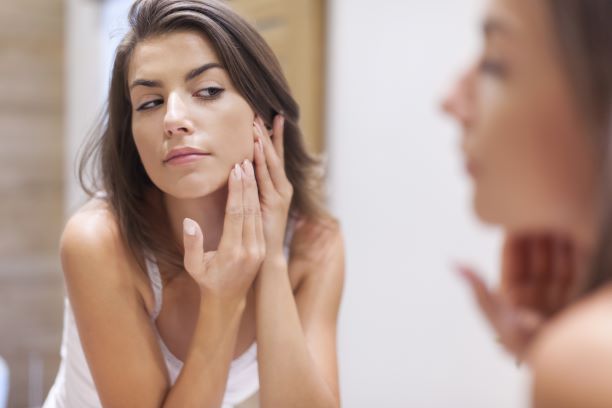
Warning! Fish Oils Can Be Harmful To Your Health!!!
The eczema treatment of choice used to be fish oil, but you have to be careful to avoid mercury.
Essential fatty acids (EFAs) have long been recognized as an important skin care basic, especially when used for eczema treatment. In fact, EFAs were used to treat eczema long before the advent of topical drugs and for doctors and patients who prefer natural skin care, EFAs are still the treatment of choice. Although eczema sufferers usually need topical treatment as well as EFAs – thousands of doctors are now recommending a shielding lotion instead of drugs that may be harmful – you should also know that some EFA sources are safer and more effective as an eczema treatment than others.
How do you choose which EFAs are right for you? Traditionally, the best source of EFAs has been fish. However, over the last several decades, our fish have become so contaminated with mercury that many types of fish are considered unsafe to eat. How did this occur?

In a word, industrialization: The increase in the number of gold and mercury mines, alkali and metal processing plants, coal burning facilities and medical and other waste dumps has also increased the amount of mercury being released into the atmosphere. After release, the mercury is transported to and deposited in water and on land. When the mercury hits the water, bacterial action in the water converts it to a more toxic form known as methylmercury, which is then absorbed by fish. The longer the fish remain in the water, and the more contaminated smaller fish the big fish eat, the more methylmercury the fish absorbs. The fish then become highly toxic.
How do we find non-contaminated sources of fish? Studies have been done by several groups including the Food and Drug Administration (FDA) and the Environmental Working Group (EWG) and, while no fish is guaranteed to be safe, summer flounder, wild pacific salmon, croaker, sardines, haddock and tilapia are your best bets. Wild caught fish are better than farmed because they are fed a natural diet instead of a diet supplemented with grain, but there are farms that raise fish in clean, mercury free water and feed them a natural, clean diet.
If you eat non-contaminated fish, you have a healthy source of EFAs – and a beneficial eczema treatment. However, if the fish is contaminated, the damage from the mercury will outweigh the benefits of the EFAs. By the way, this also applies to fish oils:
If you take fish oil rather than eating fish, you still have to ensure it comes from a non-contaminated source.
Although ensuring you eat clean fish will help prevent mercury toxicity from food sources, the mercury is still in the air and can seriously exacerbate, and possibly cause eczema. What do you do about that? Your best choice is a shielding lotion: A good shielding lotion bonds with the outer layer of skin to form a new protective layer that keeps out chemicals.
Eczema treatment and prevention in our modern chemical-laden industrialized environment can be tricky, but a healthy source of EFAs and a good shielding lotion may be all the eczema treatment you need. Give it a try!
